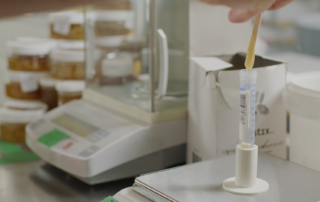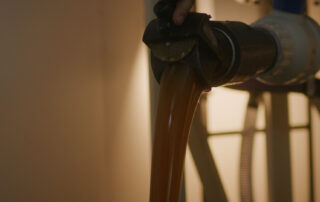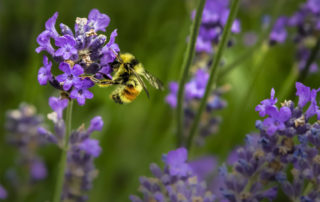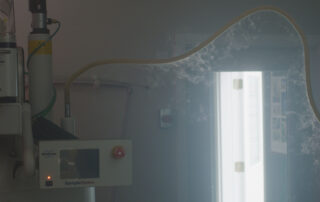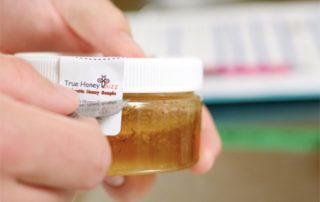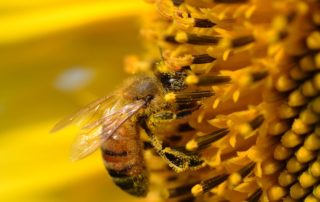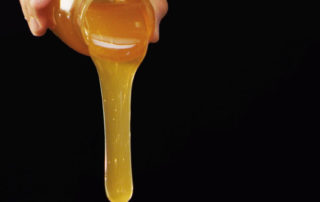CONTRIBUTORS
2019-02-20
Manitoba Beekeepers
2019-04-19
Comox Valley Club
2019-02-20
Manitoba Beekeepers
2019-04-19
Comox Valley Club
A Note To Our Supporters
We have been working hard to bring awareness to the problem of fake honey in Canada and worldwide. The Canadian Food Inspection Agency has now completed a second year of testing using Magnetic Resonance to examine honey across Canada. This is just the start as so little testing is still going on. Until there is widespread testing we will not be able to make a dent in the amount of fraud.
Recent comments from our contributors
Lana PophamEarly this year, you established a diagnostic lab using Nuclear Magnetic Resonance (NMR) technology to detect adulterants in honey. This has been in response to the increased frequency of adulterated honeys on the international market. Adulterated honeys have become a serious threat to the economic viability of the commercial beekeeping industry of Canada. British Columbia’s agricultural sector is highly dependent on the ongoing availability of honeybee colonies to meet its crop pollination requirements. The B.C. Government takes the issue of food purity and quality seriously and is committed to support its agricultural sector. Lana Popham British Columbia Minister of Agriculture
Alberta Beekeepers CommissionDr. Awram brings a both a wealth and diversity of experience in both beekeeping and the production of honey. In particular over the past two years he has been a champion in promoting the need for better testing for adulteration in honey in order to protect the Canadian industry.
Ian Steppler - Manitoba Beekeepers’ AssociatioDr. Awram has a reputation for using science-based solutions to help mobilize change. His work with NMR testing is a prime example of using science-based solutions to solicit industry and government support for improvements in honey testing in Canada. This in turn will improve customer knowledge, food safety and quality assurance in domestic and foreign honey coming into Canada.


